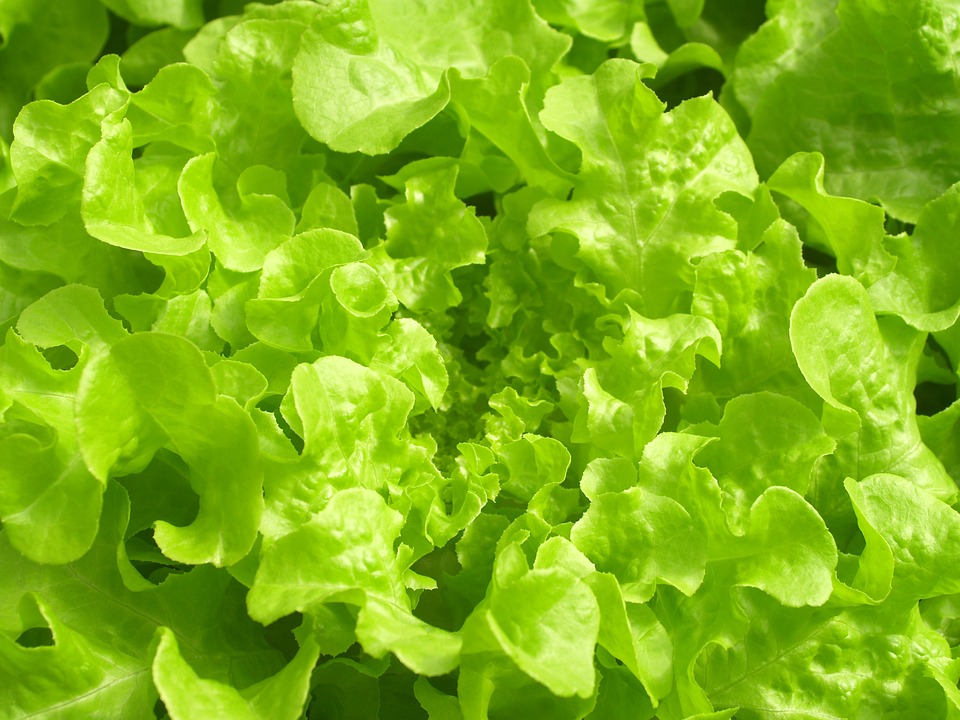Introduction
Home hydroponics is a revolutionary gardening method that allows individuals to cultivate plants without soil, relying solely on nutrient-rich water solutions.
By adopting this innovative approach, even those limited by space or environmental constraints can enjoy the benefits of gardening.
In this article, we will explore the potential of home hydroponics and how it can empower every gardener to harness their green thumb.
The Advantages of Home Hydroponics
Home hydroponics offers numerous advantages over traditional soil-based gardening.
One of the primary benefits is water efficiency.
Hydroponic systems use up to 90% less water compared to traditional gardening methods.
Additionally, with precise nutrient control, plants in hydroponic systems often grow faster and produce higher yields than their soil-grown counterparts.
Getting Started with Home Hydroponics
Embarking on a home hydroponics journey requires a few key components.
Firstly, you will need a suitable hydroponic system.
Options range from simple DIY setups utilizing recycled materials to more sophisticated commercially available systems.
Next, select the plants you wish to grow.
Herbs, lettuce, and leafy greens are excellent choices for beginners.
Obtain quality seeds or seedlings to ensure successful germination.
Once you have your system and plants, it’s time to set up the hydroponic environment.
This involves creating a nutrient-rich water solution and providing proper lighting.
LED grow lights are a popular choice due to their energy efficiency and customizable spectrum.
Optimizing Plant Growth in Hydroponics
To maximize plant growth and productivity, it’s essential to maintain ideal conditions within your hydroponic system.
Regularly monitor and adjust the pH levels and nutrient concentration in the water solution to ensure your plants are receiving the appropriate balance of essential elements.
Oxygenation is crucial as well, as the roots require an oxygen-rich environment to thrive.
As your plants grow, be sure to provide adequate support.
Trellises or stakes can provide the necessary structure for plants with vining or climbing growth habits.
Regularly inspect the roots for diseases or pests, as these can quickly spread and harm the entire hydroponic system.
Expanding Possibilities: Advanced Techniques
Home hydroponics offers endless possibilities for experimentation and growth.
Advanced techniques, such as aquaponics, integrate fish or other aquatic animals into the system, utilizing their waste as a natural fertilizer source for the plants.
This symbiotic relationship enhances environmental sustainability while providing additional nutrients to the plants.
Vertical hydroponics is another exciting option for those with limited space.
By stacking growing beds vertically, gardeners can cultivate a larger number of plants in a smaller footprint.
This technique is especially well-suited for urban dwellers or individuals with balcony gardens.
FAQs
Q: Is home hydroponics suitable for beginners?
Yes, home hydroponics can be enjoyed by beginners.
With a little research and experimentation, anyone can master the basics and grow thriving plants.
Q: How often do I need to check the nutrient levels in my hydroponic system?
The frequency of nutrient checks can vary depending on the size of your system and the plants you are growing.
As a general guideline, it is recommended to check nutrient levels every week or two and make adjustments as necessary.
Q: Can hydroponically grown plants be organic?
Absolutely! Hydroponics allows for precise control over the nutrient solutions, making it possible to provide plants with organic-certified nutrients.
Additionally, without the use of soil, the risk of soil-borne diseases and pests is greatly reduced.
Q: Do hydroponic systems require a lot of maintenance?
While hydroponic systems do require regular monitoring and maintenance, the time investment is generally comparable to traditional gardening.
Once you establish a routine, maintenance becomes easier.
Q: Can I grow fruiting plants, such as tomatoes or peppers, in a home hydroponic system?
Absolutely! Many fruiting plants thrive in hydroponic environments.
With the proper support, nutrient levels, and lighting conditions, you can enjoy a bountiful harvest of homegrown tomatoes, peppers, and more.




